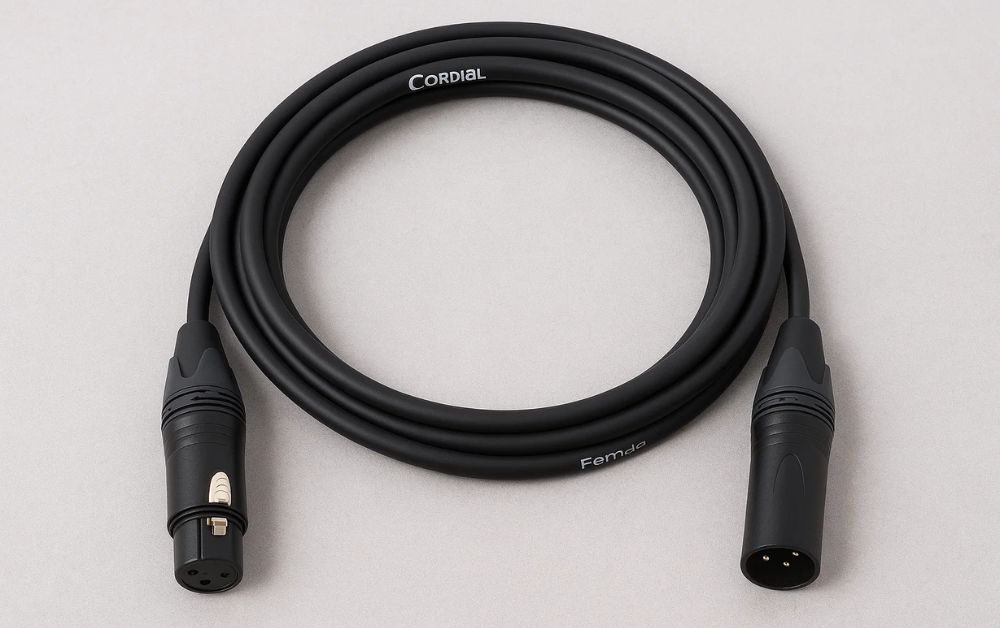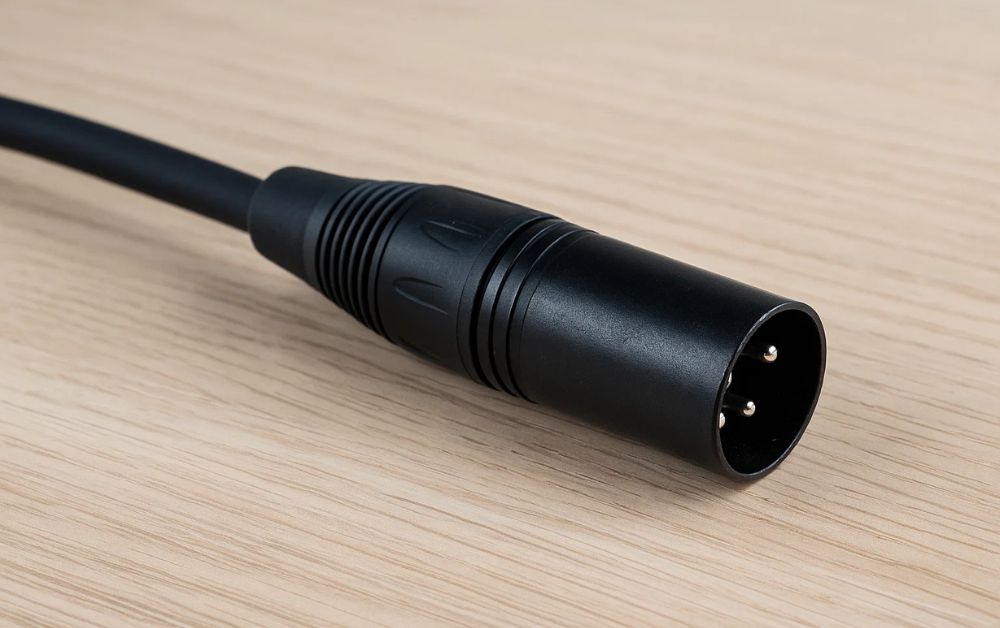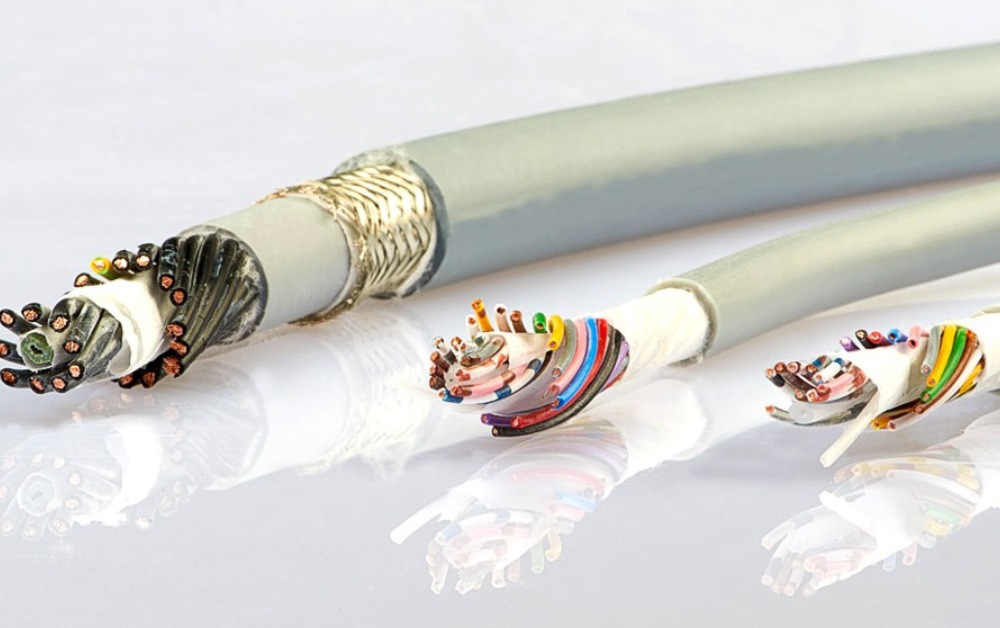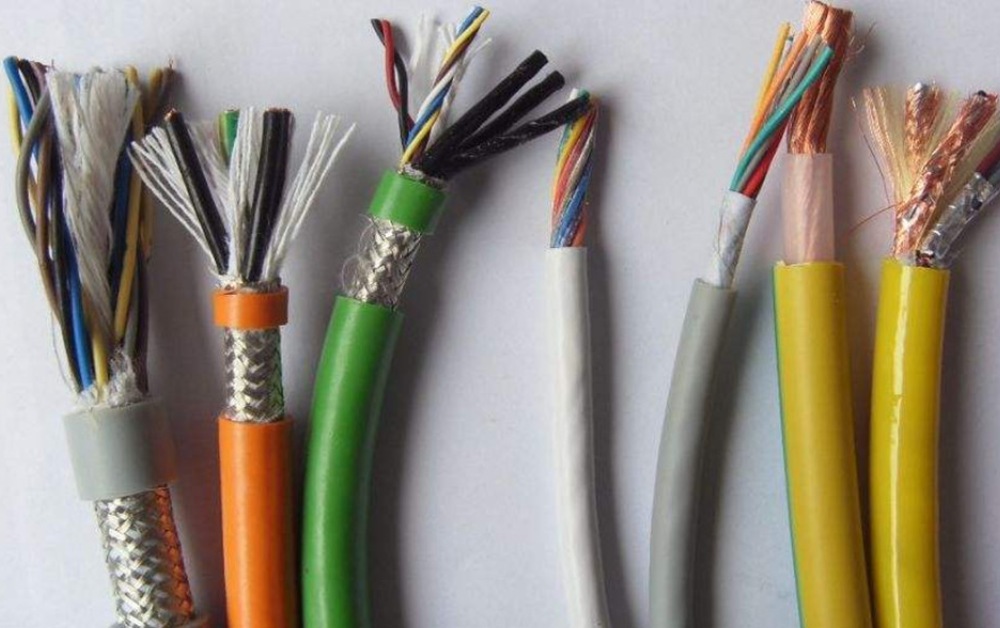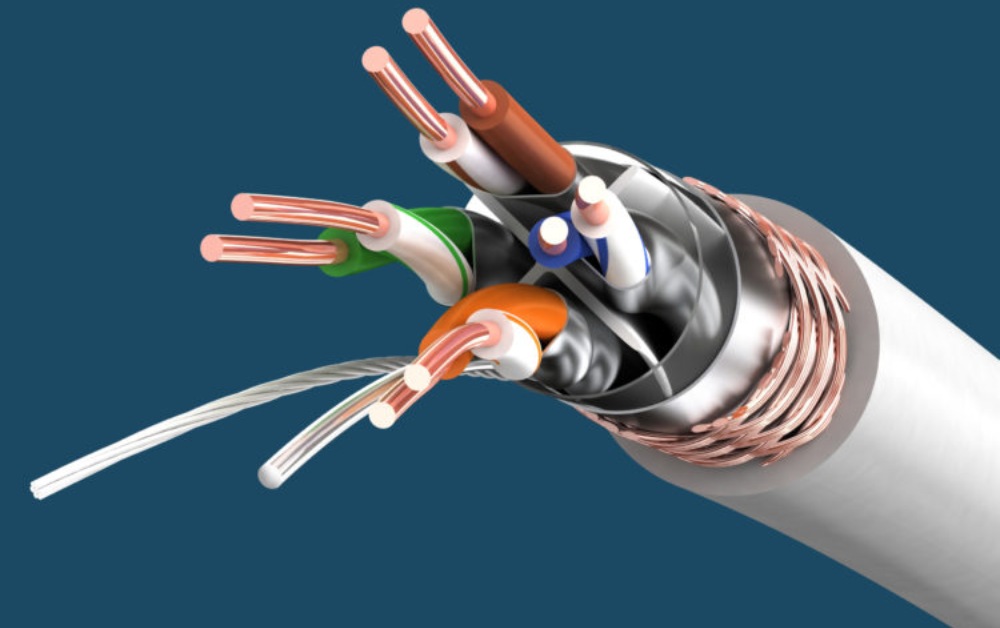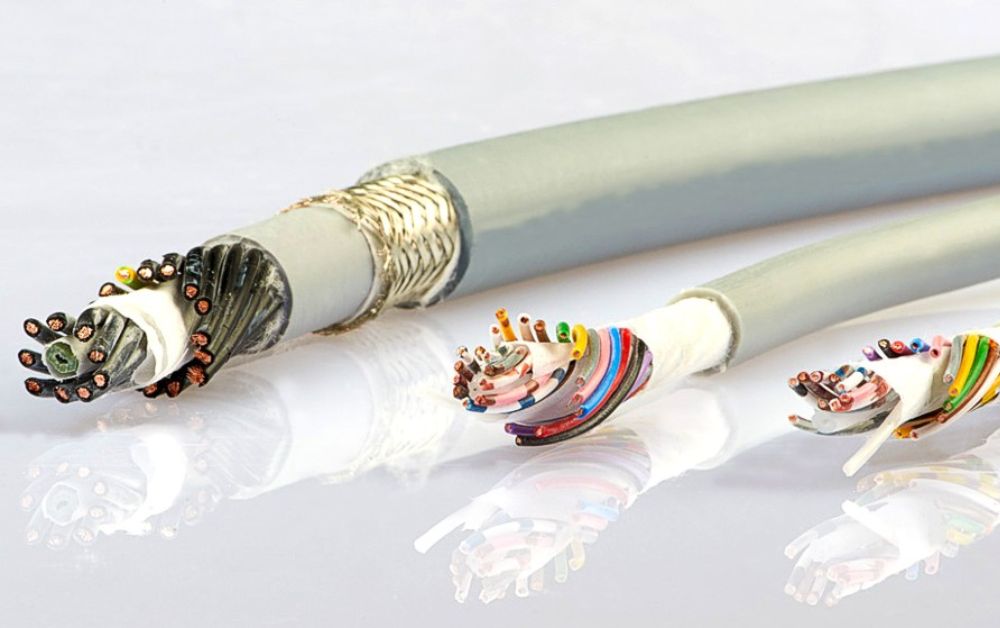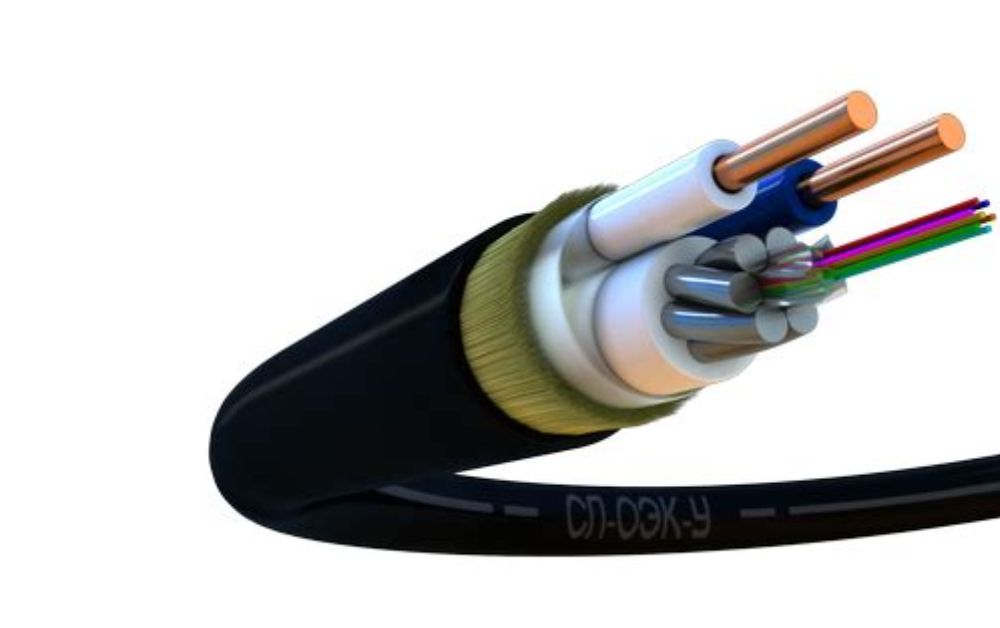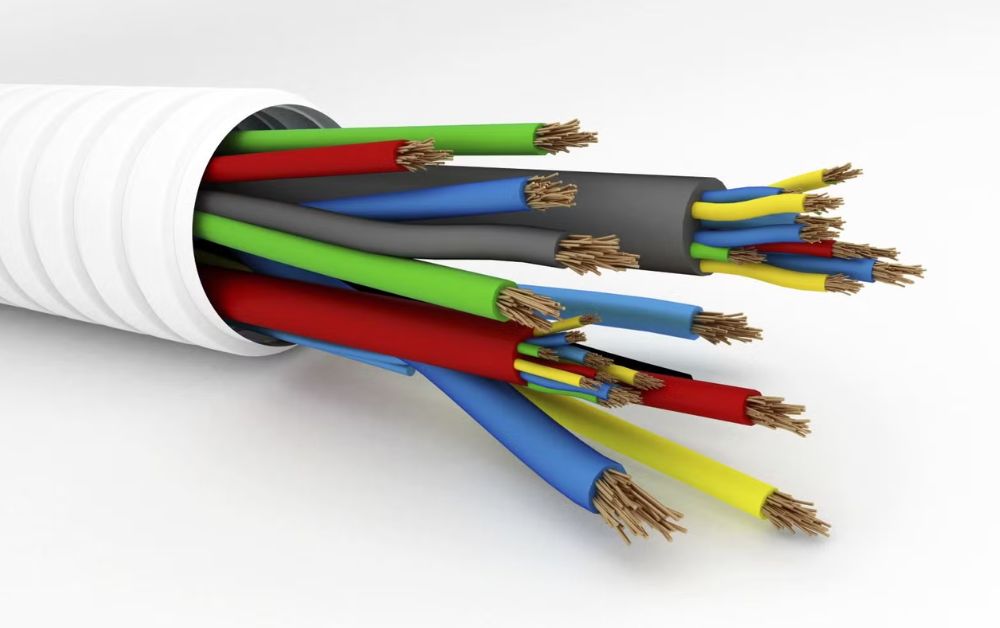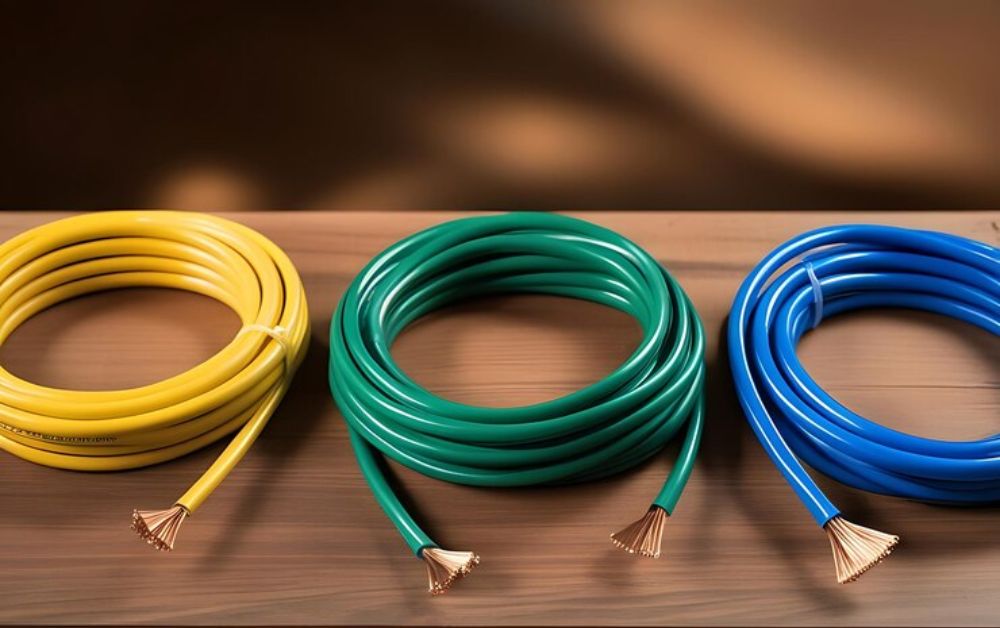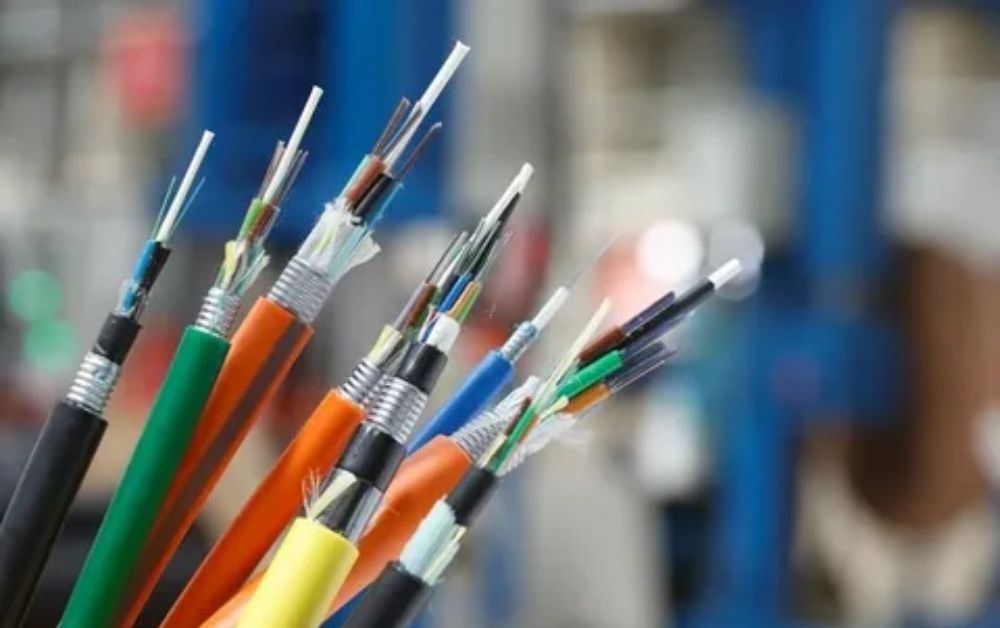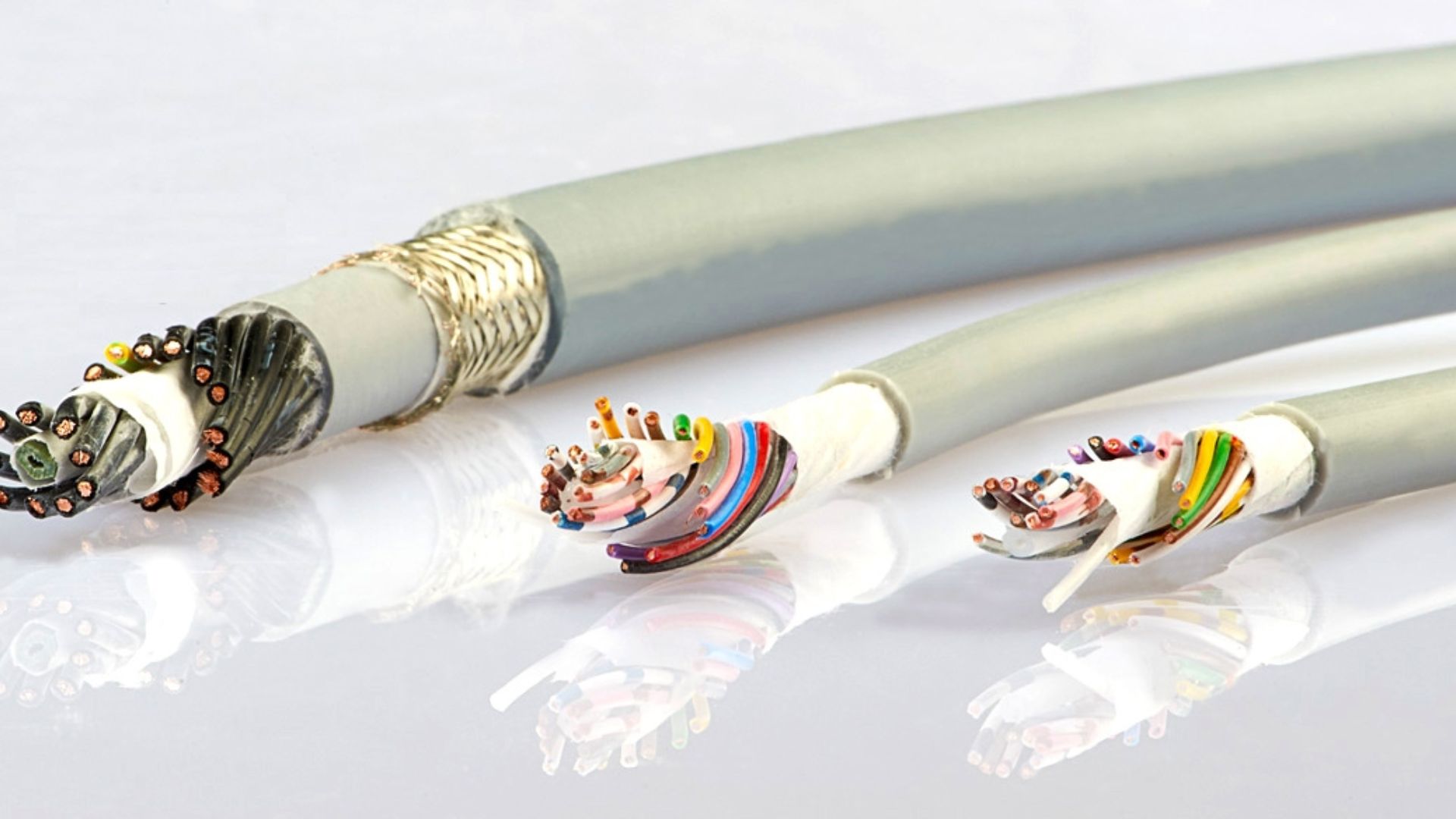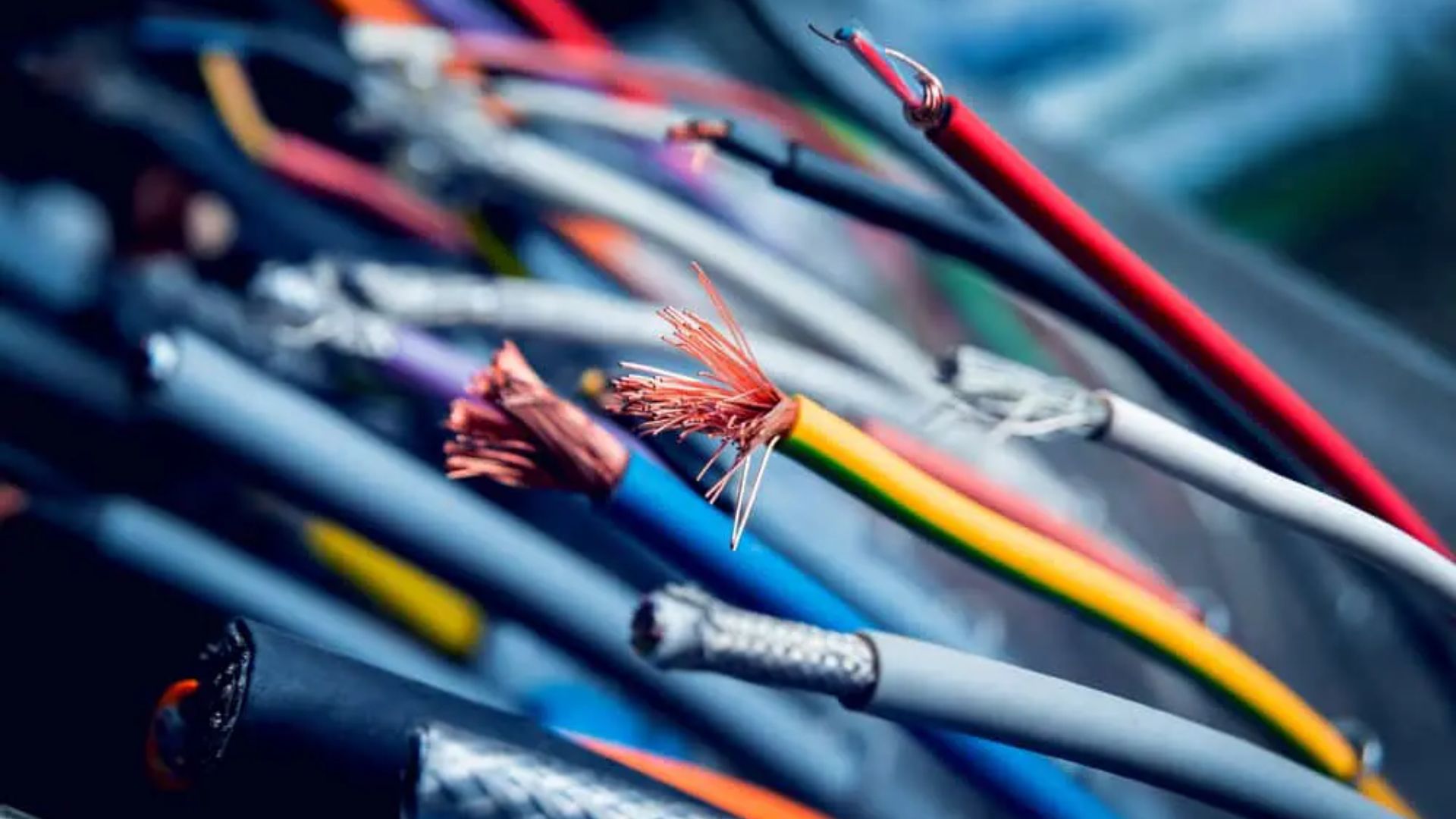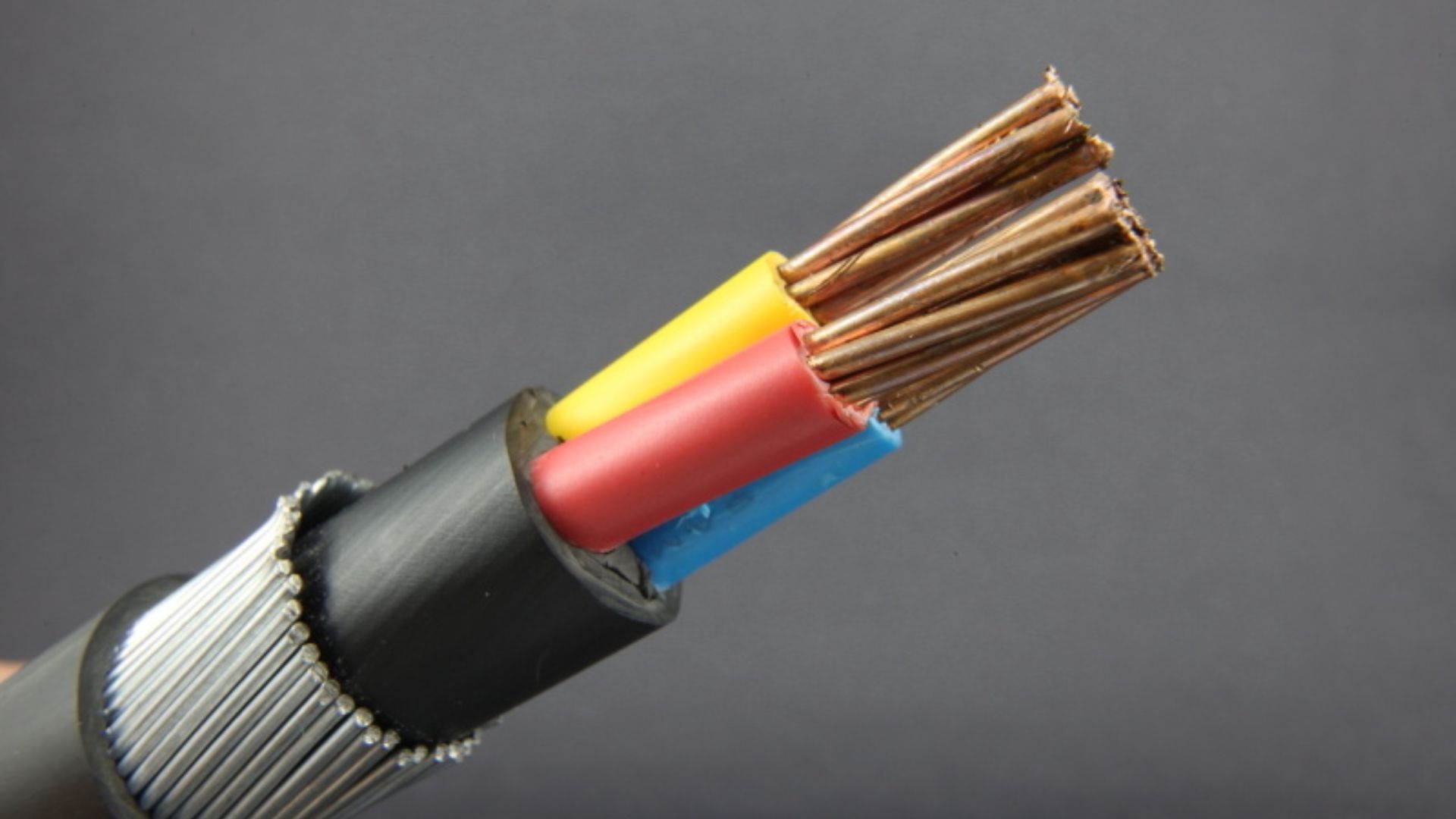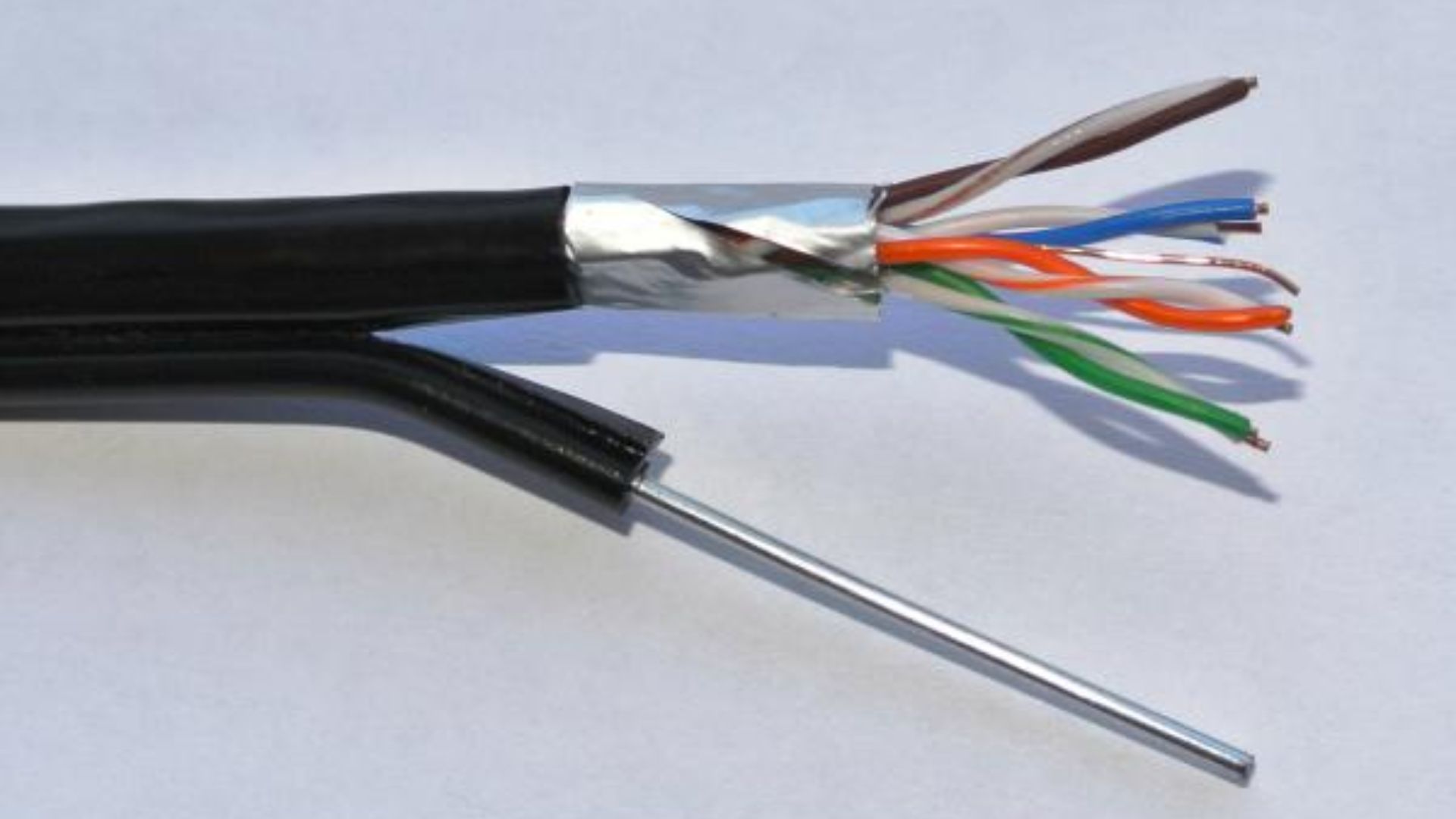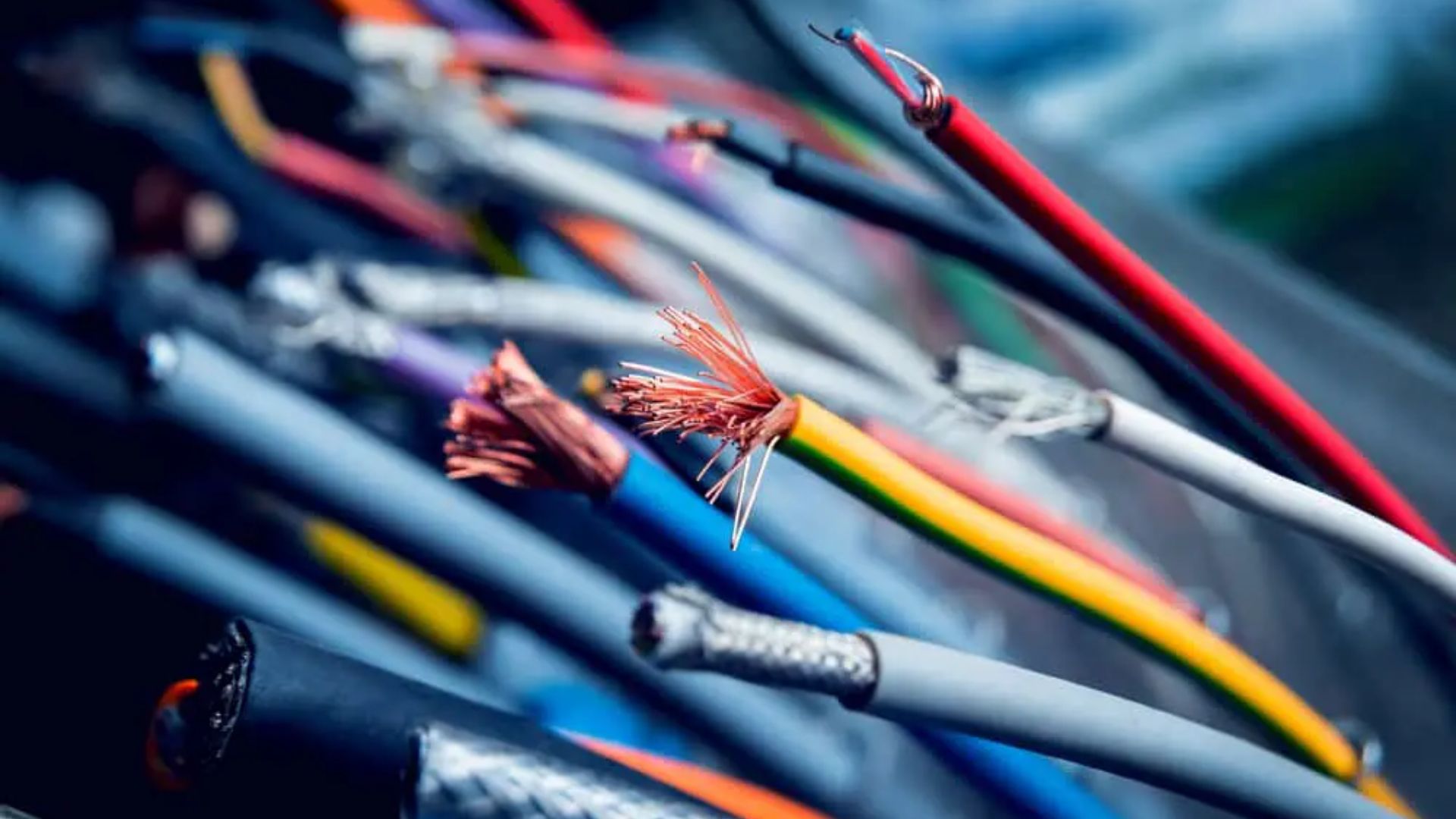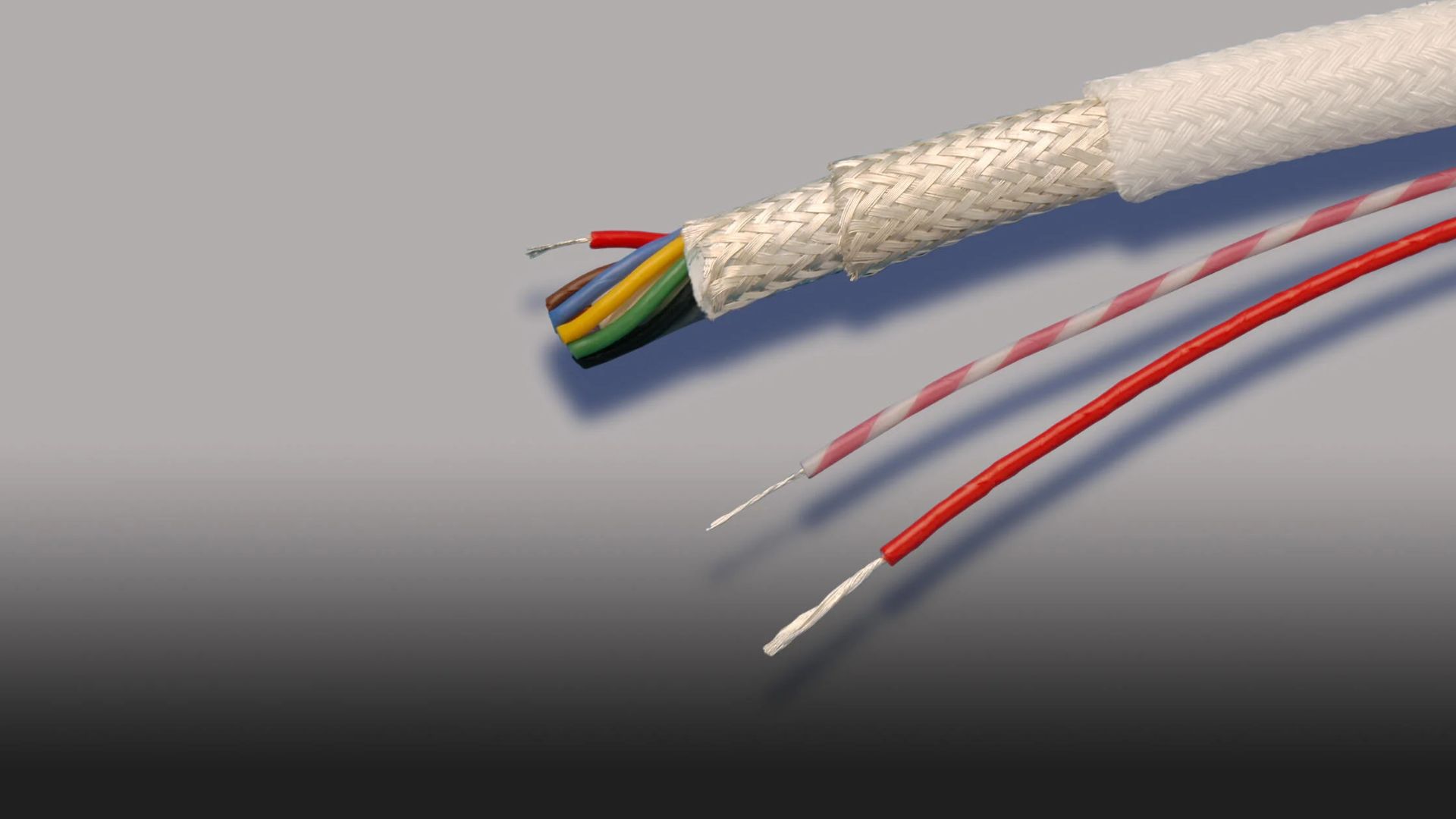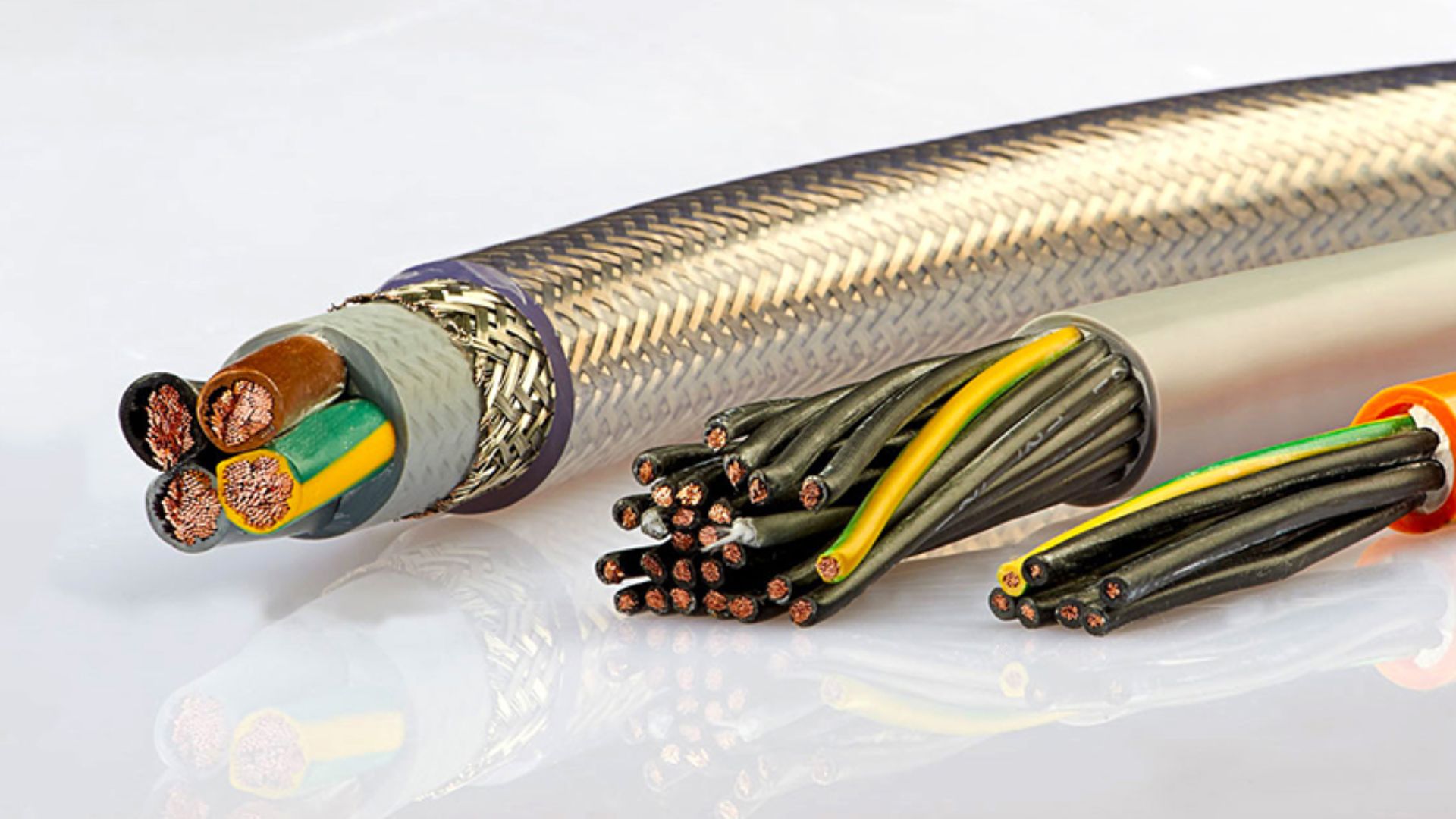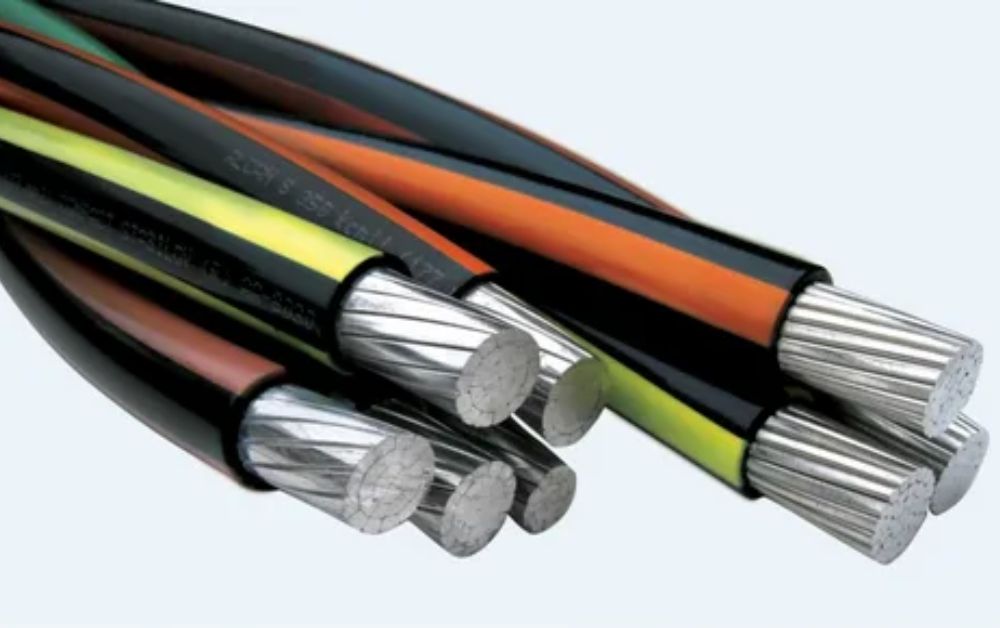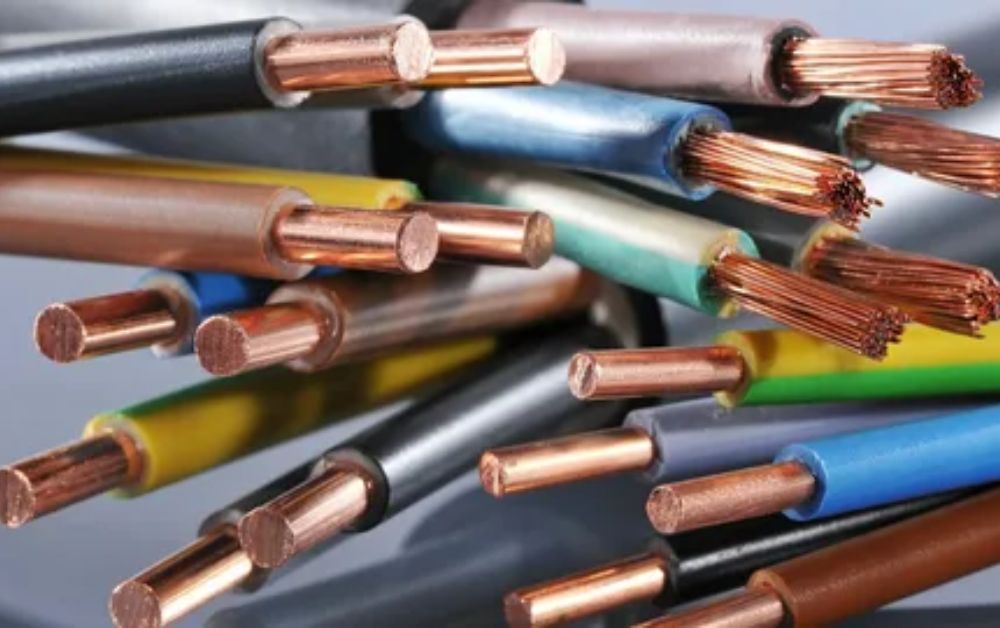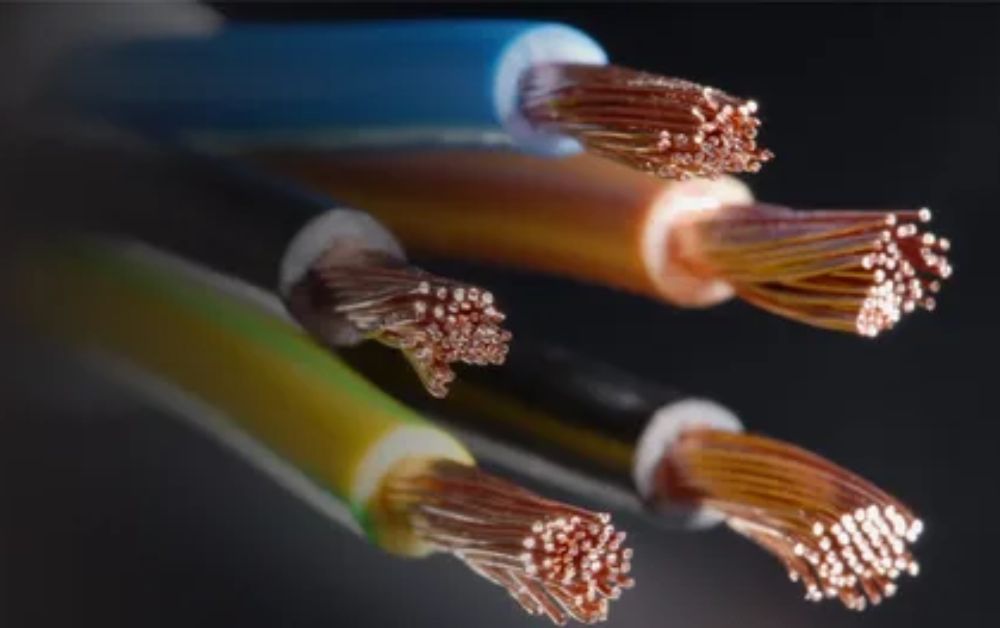Control cables play a crucial role in the world of electrical systems, facilitating the transmission of signals and control instructions between various components of electrical equipment. Industrial automation equipment, as well as home electrical systems, all benefit from efficient, safe, and long-lasting control cables. The most critical technical specification for choosing control cables is their voltage rating. It may seem like a minor detail at first glance, but neglecting the voltage rating can lead to equipment failure, system breakdown, or even hazardous conditions such as fire or electrical shock. This blog explains why voltage rating is crucial when purchasing control cables and how selecting the appropriate ones from reputable cable distributors in the UAE, such as Al Arz Electrical Ware Trading, can ensure optimal performance and safety.
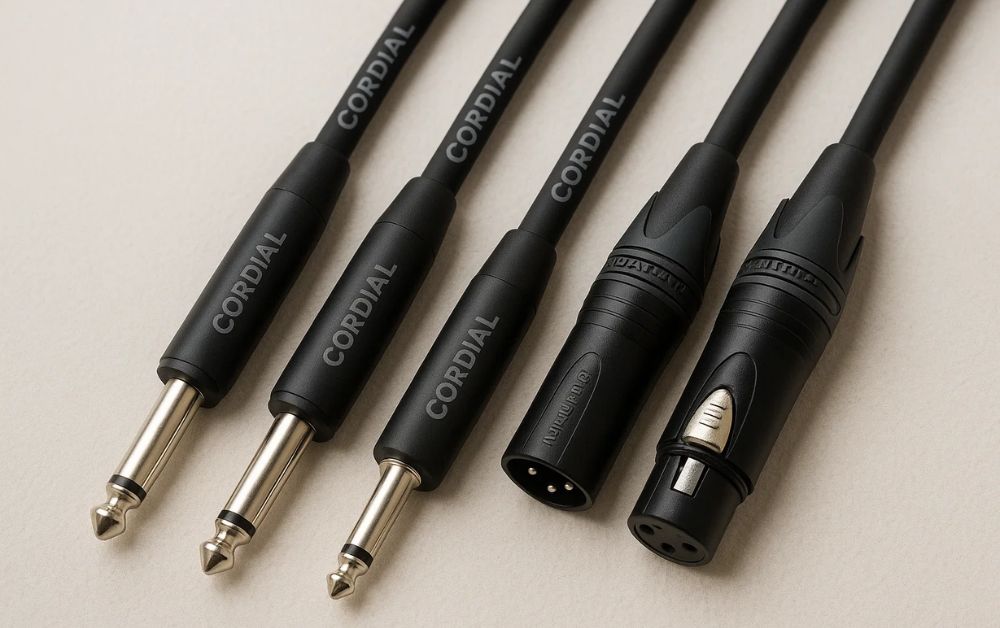
Comprehending Voltage Rating in Control Cables
The voltage rating of a control cable specifies the maximum voltage that can be carried by the cable safely under regular operating conditions. It is typically in volts (V) or kilovolts (kV). Typical voltage ratings for control cables are 300/500V, 600/1000V, or more for specific industrial applications. Multiple factors, including insulation type, conductor type, and the overall cable design, determine voltage ratings.
A voltage rating acts as a protective barrier. It makes the insulation of the cable strong enough to resist electrical pressure and prevent leakage or arcing of current through the cable jacket, which would otherwise cause electrical risks.
Why Voltage Rating Is Important While Choosing Control Cable
1. Safety and Risk Management
An inefficiently rated control cable may cause insulation breakdown, overheating, and ultimately lead to fire or electrical shock. An appropriate voltage rating ensures that the cable can withstand the electrical load without posing a safety risk. It reduces accidents, particularly in high-power applications like industrial automation or building management systems.
2. Conformance to Standards
Electrical installations are required to comply with specific safety and performance standards, such as IEC, BS, or UL norms. Such standards typically require the control cables used within a system to have a voltage rating that is equal to or exceeds a specified value. Non-compliance can result in inspection failures, legal consequences, or rejected insurance claims. Cooperating with qualified cordial cable suppliers in the UAE, such as Al Arz Electrical Ware Trading, guarantees compliance with all applicable standards.
3. Protection of Equipment
Control cables convey instructions and signals to critical equipment, including relays, contactors, motor drives, and Programmable Logic Controllers (PLCs). Damage to sensitive equipment due to a voltage drop or electrical fault resulting from unsuitable voltage ratings can halt operations, causing expensive downtime. Adequate voltage rating safeguards the cables and the devices connected.
4. Longevity and Life Expectancy
A control cable of the correct voltage rating will last longer. When a cable is constantly operated near or at its rated voltage, the insulation wears out sooner, resulting in more frequent replacements and increased maintenance costs. Purchasing cables with the correct voltage rating from reputable cable manufacturers in the UAE contributes to the longevity and effectiveness of your electrical systems.
5. Environmental Compatibility
Voltage rating becomes more critical in environments with severe electrical interference or hostile temperatures. Cables subjected to such conditions must be strong enough to withstand performance degradation without issue. Selecting control cables with higher voltage ratings gives a built-in safety margin to counteract environmental stress factors.
Selecting the Proper Control Cable: What to Look For
To choose the proper voltage rating for control cables, note the following factors:
- System Voltage Rating: Align the cable voltage rating with your system’s operating voltage.
- Environment of Application: Consider exposure to chemicals, water, mechanical stress, and temperature cycling.
- Cable Length and Route: Longer cable runs can experience voltage drops, which have implications for the required rating.
- Regulatory Requirements: Ensure the cables comply with local and international requirements for voltage rating and safety.
For UAE users, acquiring from reliable and cordial cable suppliers in the UAE ensures exposure to cables that meet the highest standards and fulfill all these requirements.
Why Al Arz Electrical Ware Trading?
In the matter of selecting high-quality control cables with suitable voltage ratings, Al Arz Electrical Ware Trading is a leading solution provider. They offer a wide selection of control cables produced by trusted manufacturers, ensuring each product meets the required electrical and safety standards.
As one of the most trusted and cordial cable suppliers in UAE, Al Arz Electrical Ware Trading offers professional consultation to assist you in selecting the most suitable control cables for your specific application. Their line of products features cables with various voltage ratings, insulation types, and environmental protection, enabling you to find the best match for every requirement, from basic control panels to intricate industrial systems.
Conclusion
Voltage rating is more than a technical requirement—it’s a critical element that affects the safety, reliability, and performance of control cables. Whether you’re cabling a factory, office building, or home automation system, choosing the right voltage-rated cable is crucial. With the escalating sophistication of electrical systems, this choice becomes even more critical.
To select the best option, always seek professional advice and purchase your products from reputable cable dealers in the UAE, such as Al Arz Electrical Ware Trading. Their focus on quality, compliance, and customer satisfaction ensures that your control cable installations are not only operational but also future-proofed and safe.


